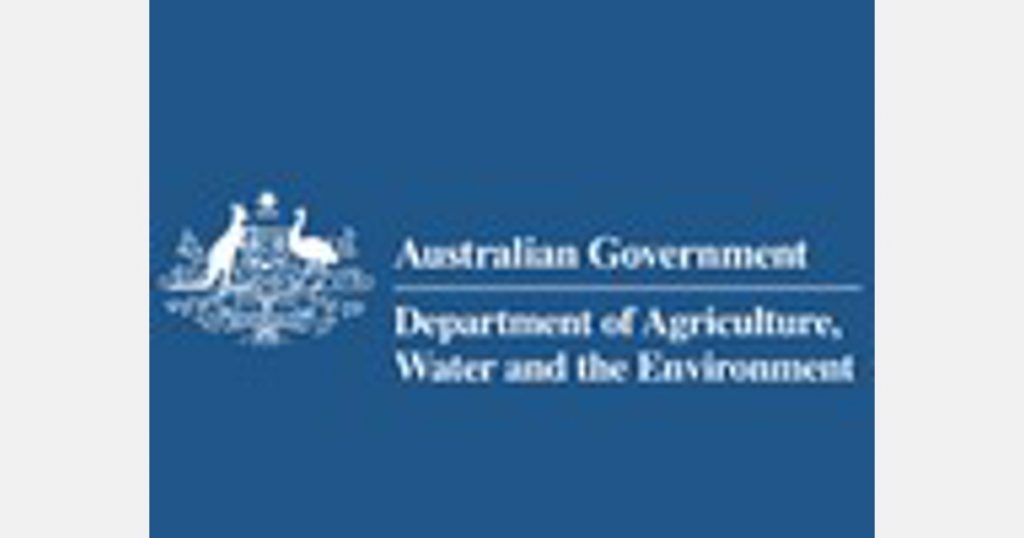The 2020-21 brown marmorated stink bug (BMSB) season is wrapping up and Australia’s measures have again remained strong against this serious pest.
Head of Biosecurity at the Department of Agriculture, Water and the Environment, Andrew Tongue, said this season’s response was a great success.
“BMSB could cause significant damage to our crops if it were able to establish here, so it’s important to keep our biosecurity measures sound,” Mr Tongue said.
“Because these stink bugs can travel in goods shipped from risk countries, on shipping vessels and even in traveller’s luggage, it is important that we maintain our strict standards on BMSB.”
“This season we had less live BMSB at the biosecurity entry points, which means our controls are working at minimising these risks. However, given the hitchhiker nature of this pest, we have had seen increased interceptions in other pathways such as mail and air cargo.”
“We’ve also increased the number of target risk countries to 36 this year, with Moldova, Portugal, Ukraine and Kazakhstan added this season. But despite these changes, this year we’ve seen not only half the number of live stink bug in vessels, but we haven’t had to direct a vessel to leave Australian waters for the first time in three years.”
“That’s a fantastic result. But we cannot get complacent. BMSB is a serious threat for Australia’s agriculture industries and environment, because of the damage it can do to vegetable crops and fruit and ornamental trees.”
“They feed on over 300 different plant species, including fruit, vegetables and ornamental plants. If these bugs were to become established in Australia, we would see less of the fruits we love on the shelf, and these bugs infesting our homes and businesses.”
“If you import or bring goods into Australia, it’s vital to understand both your responsibilities and the import conditions that may apply. Complying with these requirements can reduce costly delays and help keep biosecurity risks offshore.”
“Remember, biosecurity is everyone’s responsibility.”
For more information: awe.gov.au


